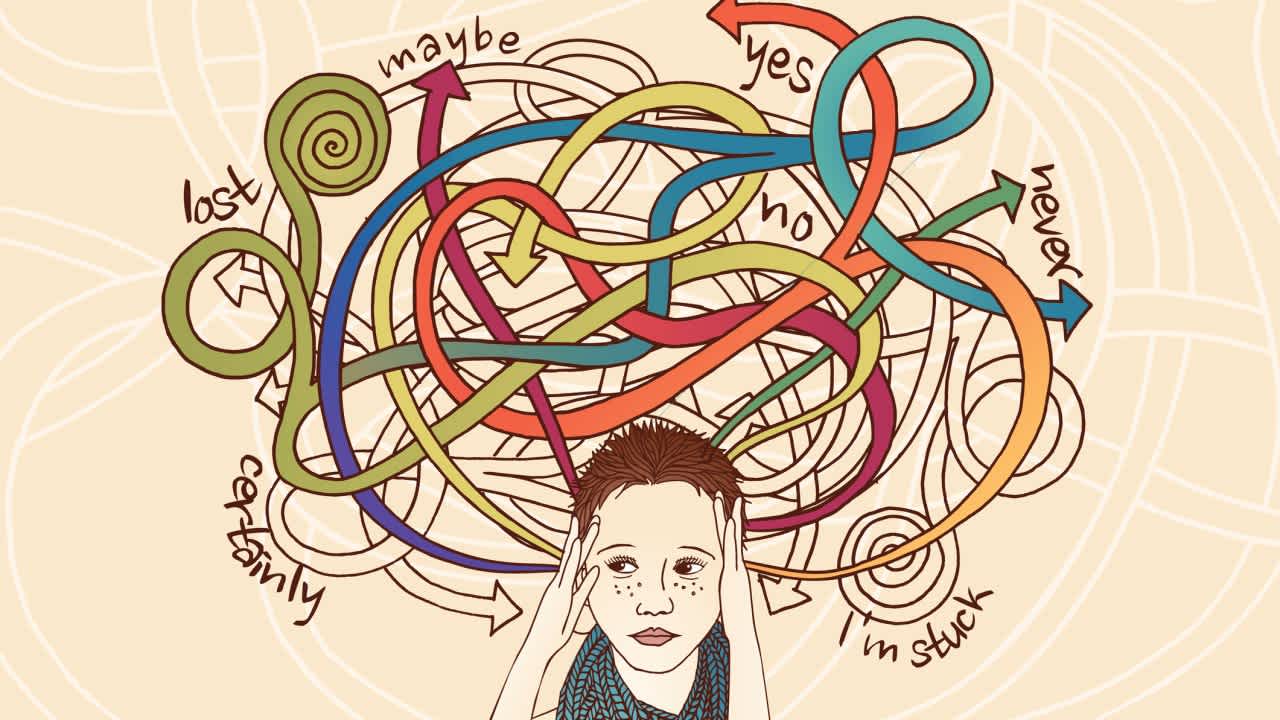
Supporting pupils with ADHD in schools
A reflection on best ways to support young people with ADHD.
Even as a parent of a child with ADHD, as a teacher I struggled to find and implement strategies to support my students with the diagnosis. I found many things that ‘worked’, but many more that didn’t. The search continued when I became a headteacher supporting colleagues who also struggled to find the answer. Where things changed was when I stopped looking for what worked and started understanding what was happening for those students.
In his book Shattered Minds, Gabor Mate identifies a number of strategies, that spoke to me and that I wished I’d discovered sooner in my career. He makes a case for reducing ‘imposed structure and discipline’ and increasing ‘freedom for individuality and self-expression.’
I was relieved he didn’t go on to advocate unstructured classrooms, as I know that would be nearly impossible, in the current climate. Instead, he talks about recognising the ‘supressed energy’ of students with ADHD through our responses to them, which so often includes sarcasm, blaming and shouting (all ways we shame children without realsing).
This principle is the first to master in our endeavour to support these creative and courageous young people. The secret to success in this matter, for teachers, lies in not adding to the problem by alienating these student any further.
I saw the impact of this in my own school when the teaching staff and I made a pact to refrain from any type of shaming response to a child’s behaviour. We did some work as a team to recognise our triggers and manage our reactions to be able to keep to the pact. Behaviour of this group of students improved dramatically.
This came back to me later, when my own child’s behaviour invoked explosive responses in me. I was at my wits end. Then I realised I was angry with my child for having the struggles associated with having ADHD. With lots of support from family, I learnt to change the way I responded to her and I worked on accepting her exactly the way she was. Our lives and our relationship improved remarkably.
Unconditional positive regard doesn’t have to come just from parents, we can adopt it as teachers too. It requires honesty, courage and a safe environment, but it is possible.' Gabor argues that ‘understanding the student is transformative’ and I have seen this first hand, as a teacher and as a parent.
There are other considerations such as working with parents, tailored access arrangements in exams and planning for the need to move and play, but the commitment to stop trying to fix children with ADHD is the power pill we all need to take.
So when I work with people who want to provide better support for young people with ADHD, I start with pressing the stop button on wishing they were different and start work on meeting them where they are. All the other work is easy after that.
Signup through the link below for more blog posts and my newsletter: https://mailchi.mp/3ea47faf06e0/h1rtvyb3sz